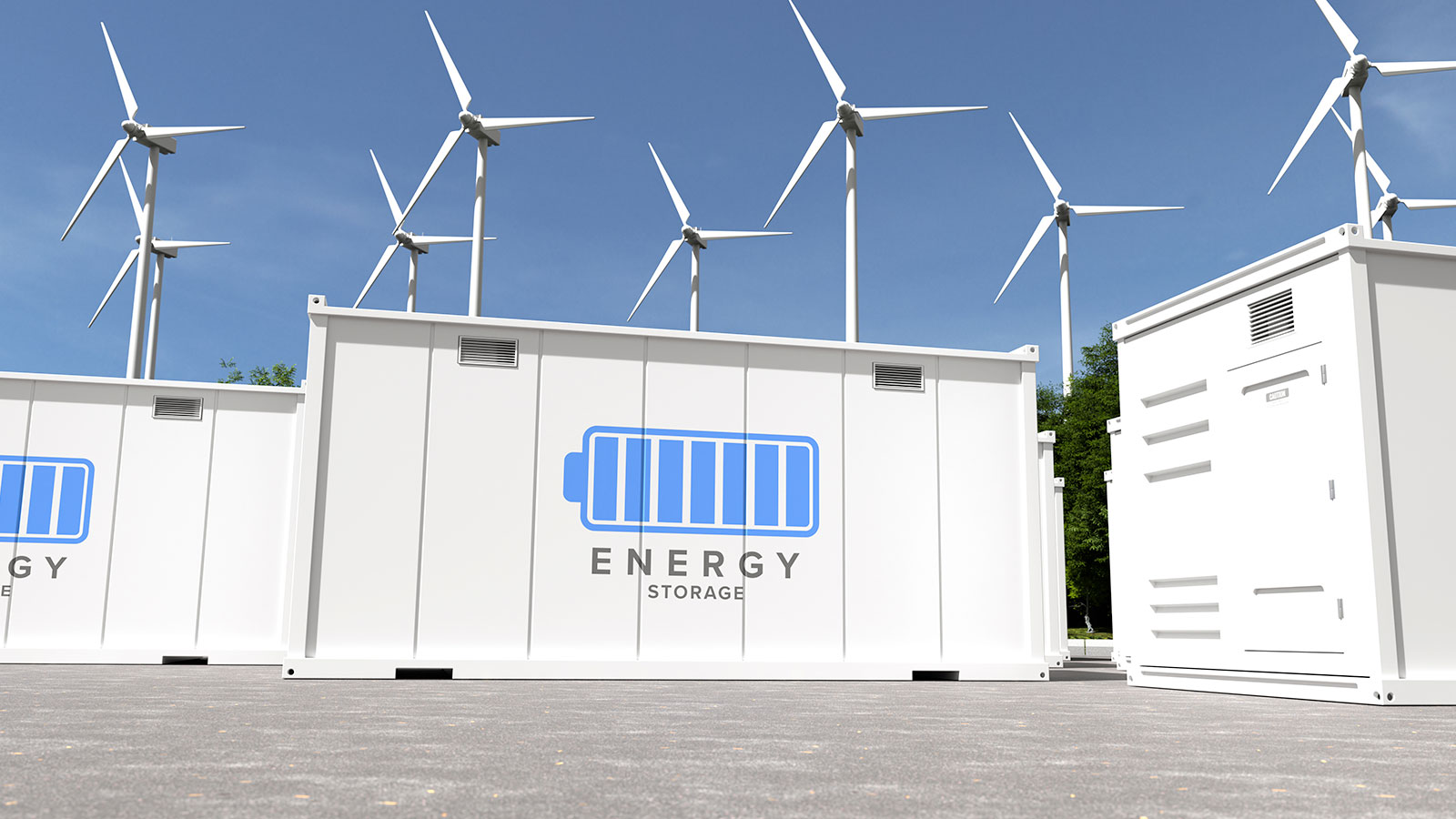New analysis published by LCP Delta suggests that while it is technically possible for the UK to achieve a clean power system by 2030, it will require an unprecedented scale of deployment and investment.
Additionally, the company’s analysis cautions that this challenge will not ease after the 2030 milestone, as demand on the electricity grid is expected to rise by 50% to 2035 and potentially double by 2050 compared to current levels.
According to the findings, the UK will need to commit around £120 billion in capital expenditure before 2030 to meet the clean power target. Beyond that, an estimated £235 billion of investment may be necessary between 2030 and 2050 to keep pace with soaring demand and replace capacity that is set to decline.
This includes the need for new low carbon generation sources, carbon capture and storage facilities, and hydrogen-powered infrastructure, as well as addressing a potential 20GW capacity gap by 2035.

Sam Hollister, Head of Energy Economics, Policy, and Investment at LCP Delta, noted, “Delivering a clean power energy system by 2030 is technically achievable but it will need government, industry, regulators and investors to move heaven and earth to meet it.
“What comes after though and achieving net zero by 2050 is arguably an even greater challenge. Except for offshore wind, the UK will need to build higher volumes of every energy technology between 2030-2050 than what it needs to build pre-2030.
“From a Capex spend perspective, this means that our investments need to increase from £120bn pre-2030 to £235bn between 2030-2050. Clean Power 2030 is the base camp of a mountain that the UK must climb by 2050.”
“To reach clean power by 2030 will need a gargantuan effort from all involved. The goal is technically feasible with the focus on low-cost renewable deployment – something the UK is well placed to achieve.
“Meanwhile, to maintain a clean power system beyond 2030, the UK will need to develop a system that can cope with the increasing demand as we ramp up decarbonisation of transport and heating. This growth in demand will necessitate technologies such as carbon capture and storage and using clean fuels such as hydrogen in power generation.
“In our scenario, we are expecting to see demand between 2030 and 2035 increase by 100TWh, this is more than double the increase expected from now to 2030. In 2035, we will need 10GW of gas carbon capture storage and 8GW of hydrogen, however, both these are reliant on accompanying infrastructure.
“Taking into account likely nuclear decommissioning at the end of the decade, we could be looking at up to 20GW of additional firm capacity that will need to be found to meet peak demand in 2035.”

LCP Delta isn’t the first to caution the UK Government’s lofty ambitions of achieving a clean power system by 2030. Last week, Andy Willis, CEO of Kona Energy, outlined his own belief that the UK wasn’t being entirely realistic with the challenge ahead, noting that the 2030 date was unlikely.
While LCP Delta’s analysis appears to believe that it’s not altogether unlikely, the company did find that there were several barriers in the way – with more to come after the 2030 deadline. These include scaling up the construction of all low carbon technologies to unprecedented levels, significantly increasing Contracts for Difference (CfD) budgets to bring forward renewable capacity, and easing planning and connection delays that currently hinder the timely integration of new projects.
The report also notes that speeding up policy decisions and market reforms would help reduce uncertainty for investors, while accelerating transmission network upgrades and ensuring a stable regulatory environment would be essential to meeting the challenging targets. A sentiment echoed by Willis.

